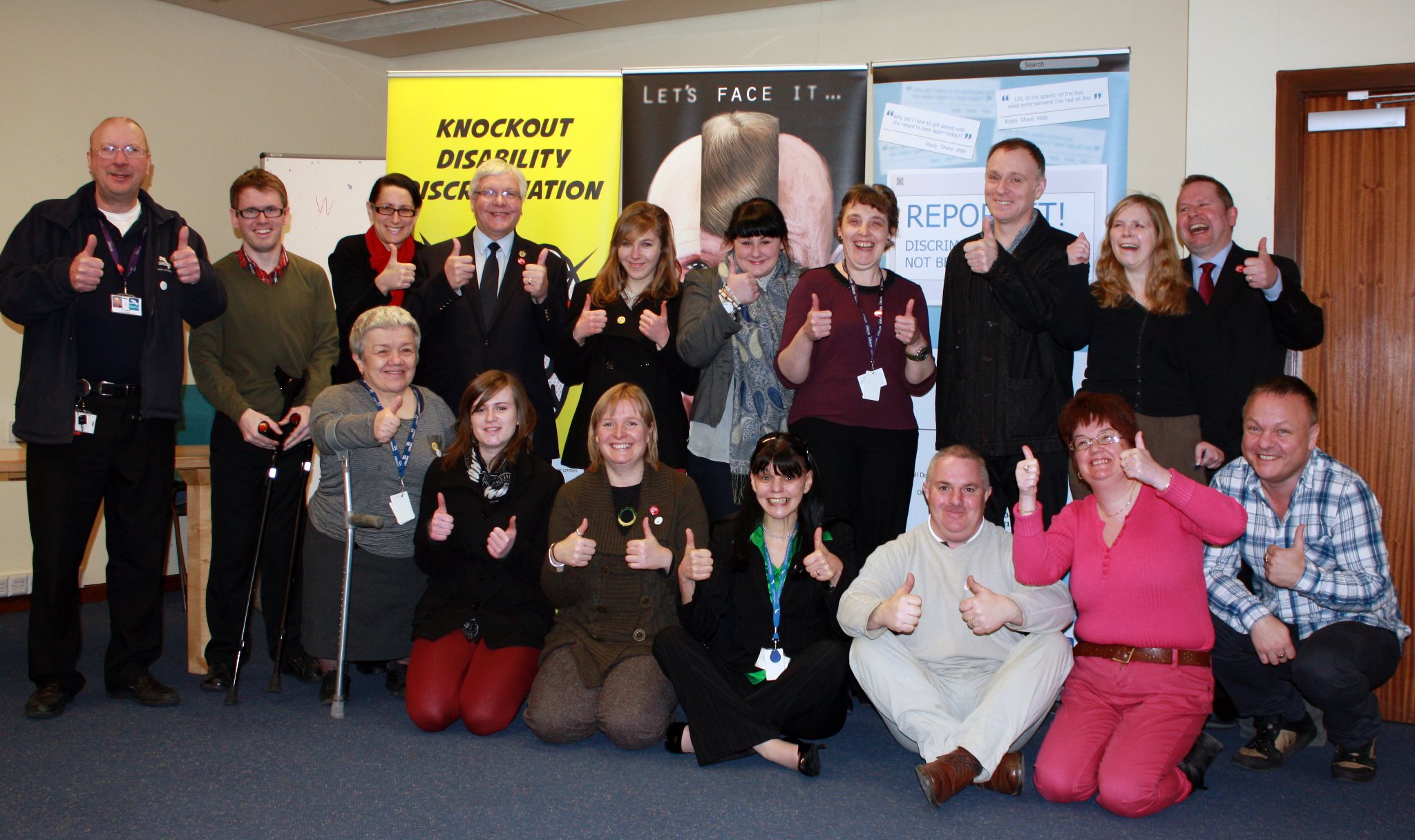Victims of anti-social behaviour and harassment gathered last week at the Victim Seminar, Putting Victims First, held by Poole Council and Dorset Police, to give voice to their issues and concerns.
“This seminar is all about supporting victims of crimes such as harassment and anti-social behaviour. It is a very difficult world that those people live in and we need to support them as best as we can,” said Chief Inspector of Dorset Police Jared Parkin, one of the guest speakers.
The seminar was an encouragement to various abuse victims to step up and share their individual stories so as to inspire other people to come forward with their problems.
According to Dorset Police and Crime Commissioner Martyn Underhill and Chief Inspector Parkin, lots of victims feel intimidated when reporting crimes against them and as a result do not come forward. With this seminar they wanted the victims and families of victims to shed their fear and come forward.
“We are launching campaigns like Speak Out, so that people with a disability who suffer from harassment or verbal abuse, feel confident to come forward and tell them we are here for them to support them and provide means to support them,” said Ian Cooke, Community Services Manager who runs the Speak Out campaign.
The abuse victims who attended the seminar raised some issues that they have had with Dorset Police when dealing with their cases.
Annie Gregu, a resident of Turlinmoor in Hamworthy, said: “The last 14 years for us have been awful. Our neighbour’s kids have been giving us verbal abuse and destroying our property. The Anti-Social Behaviour team has been good but no one has been in to come and talk to us.”
“We are setting up a Victims Forum, where in people can come and tell me about their journey so that we can learn from it. We want to learn from our mistakes and see where we went wrong,” said Martyn Underhill, Dorset Police and Crime Commissioner.
Mrs Gregu thinks that she would have been better equipped to handle the stress and emotional harassment if she had a support group to listen to her.
“I think if victims bring just small adjustment to their attitude and instead of asking the question ‘why me’ they ask ‘what if’ then people who are a part of this seminar would want to set up a support group or at least go to a support group where they can help each other,” said Sandie Cassidy, a victim of domestic violence herself who now runs a rehabilitation institute for victims of abuse.
Main Image from Facebook.






